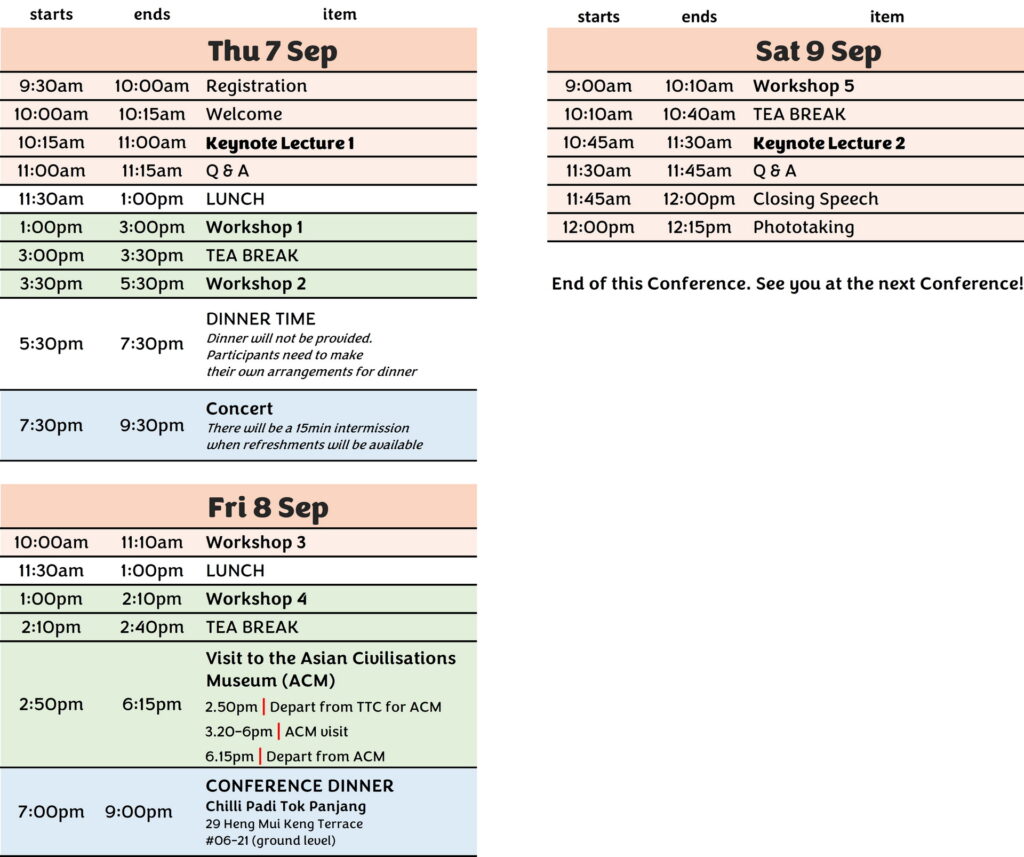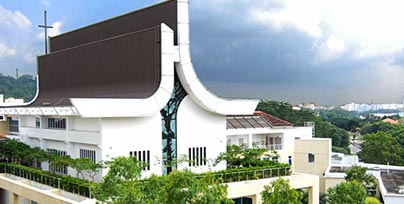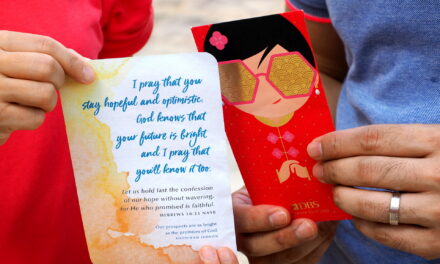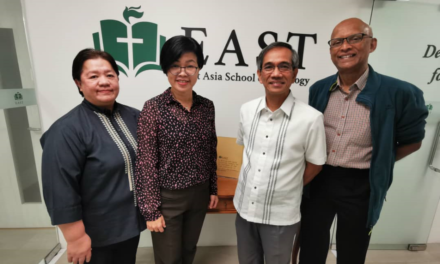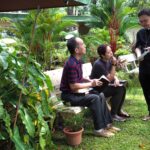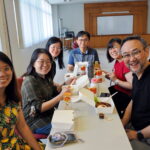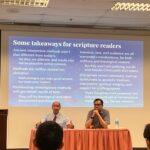


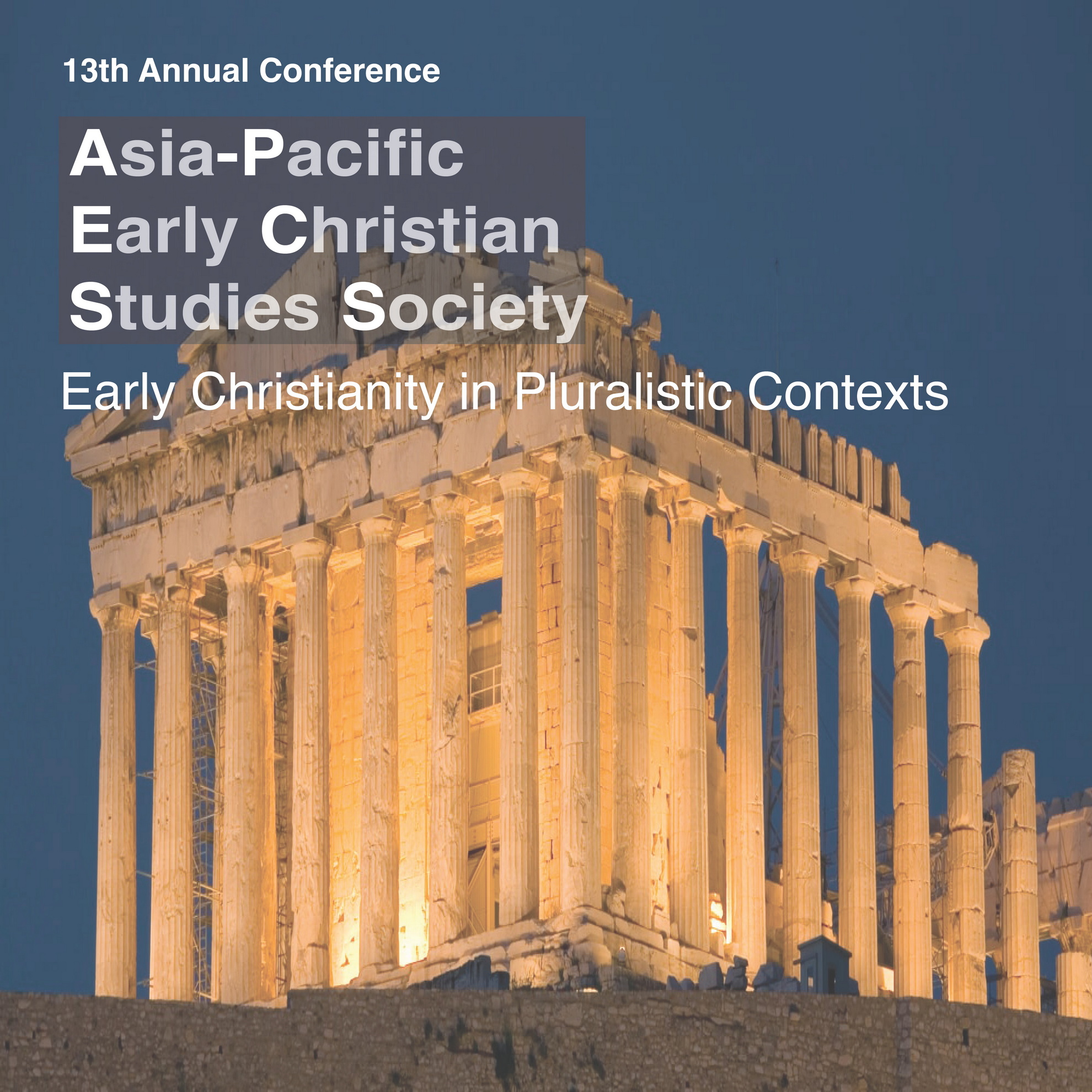
TTC will host the 13th Annual Conference of the Asia-Pacific Early Christian Studies Society (APECSS) on the theme
“Early Christianity in Pluralistic Contexts”
Registration is now closed but the following conference events are open to the public:
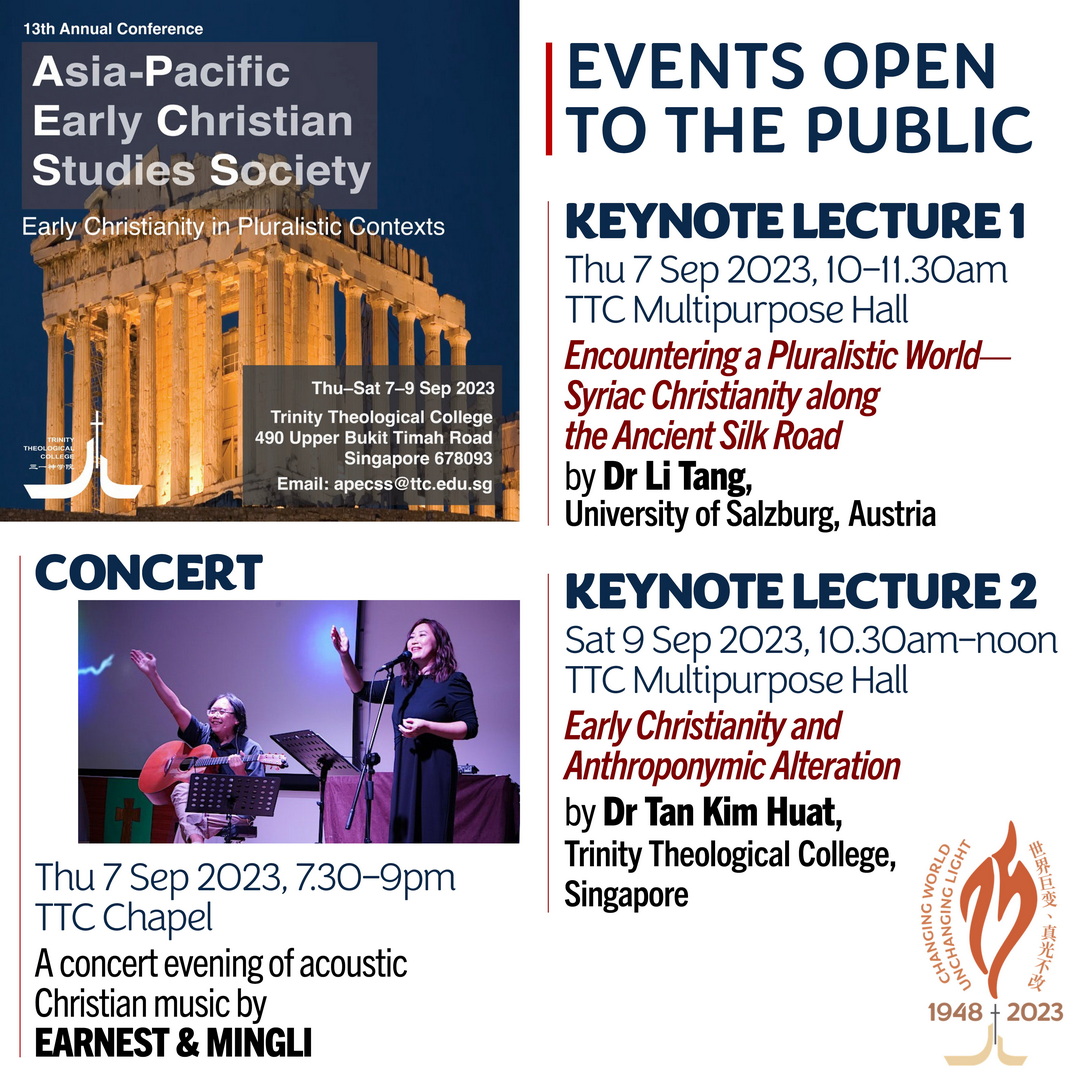
Payment of the conference fee for international participants is done via the Eventbrite link below:
https://www.eventbrite.sg/e/601229813557
| Download the Conference Information Pack HERE |
Keynote Lectures
In addition to the numerous papers that will be presented at the 2023 APECSS Conference, two special keynote lectures will also be featured.
Keynote Lecture 1
Encountering a Pluralistic World—Syriac Christianity along the Ancient Silk Road
by Dr Li Tang, University of Salzburg, Austria
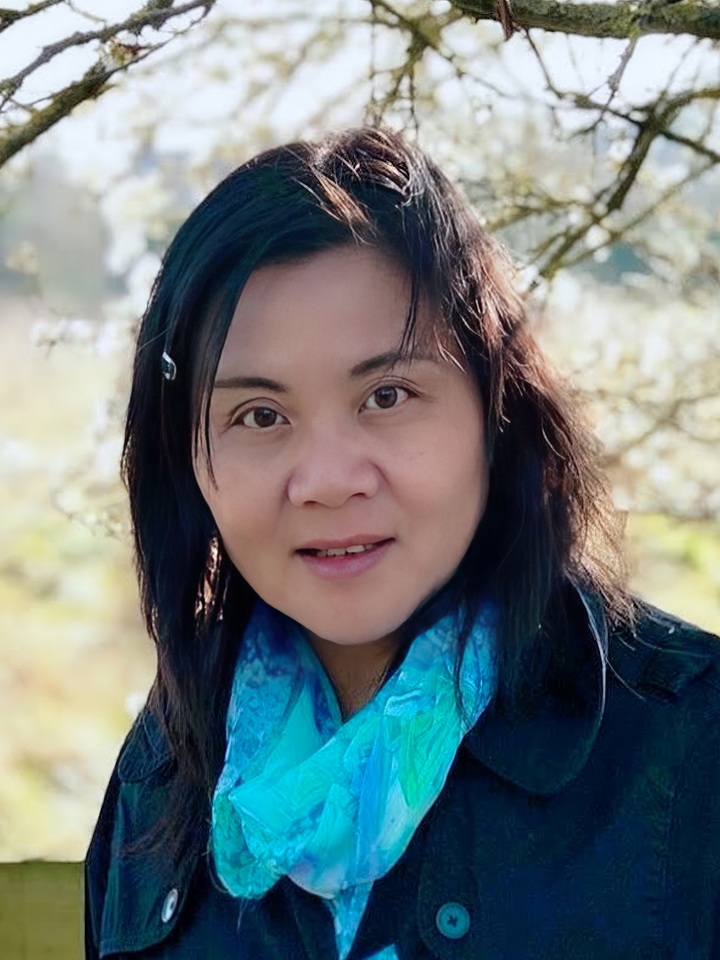
Dr Li Tang is currently a senior research scientist at the Institute of Ancient History and Ancient Oriental Studies, University of Salzburg, and an Austria and Spalding Trust Fellow of Comparative Religion at Clare Hall, University of Cambridge. She holds a PhD in “Languages and Cultures of the Christian Orient” from the University of Tübingen, Germany. She was a Senior Research Fellow and Lecturer at the Department of Biblical Studies and Ecclesiastical History of the University of Salzburg, Austria from 2005 to 2019; and a Postdoctoral Research Fellow at the Asia Research Institute of National University of Singapore (2003–2005) with concentration on Religion and Globalisation. Her recent research has focused on Syriac Christianity in China, Central Asia and along the Silk Road.
Paper Abstract
The Syriac Christian tradition which uses the Syriac language and liturgy is one of the oldest Christian traditions in the Patristic period. From the 5th century onward, the East Syriac Church, also known as the Church of the East established itself in Sasanian Persia (224-651) and launched its mission towards the Far East. In the following centuries, Syriac Christianity spreaded via the overland Silk Road to Central Asia and China; and via the maritime Silk Road to the Persia Gulf region, India and Sri Lanka. Unearthed multi-lingual texts and funeral inscriptions have not only attested to a widespread of Syriac Christianity along the Silk Road among Iranians, Indians, Turks, Chinese and Mongols but also revealed Christian encounters of other religious groups such as Buddhists, Manicheans and Zoroastrians. By the 14th century, the Syriac Christendom had embraced the Asiatic realm from the Euphrates to the Chinese shore.
This paper will seek to answer the following key questions: What these multi-lingual manuscripts and inscriptions tell us about the pluralistic world which the early Christians encountered along the Silk Road? How Christians adapted to this multi- lingual and religious milieu? What were the challenges to translate major Christian theological terms and concepts into Central Asian and Chinese languages? And how Christian merchants, monks and diplomats played a role in spreading Christianity in the Far East?
Keynote Lecture 2
Early Christianity and Anthroponymic Alteration
by Dr Tan Kim Huat, Trinity Theological College, Singapore
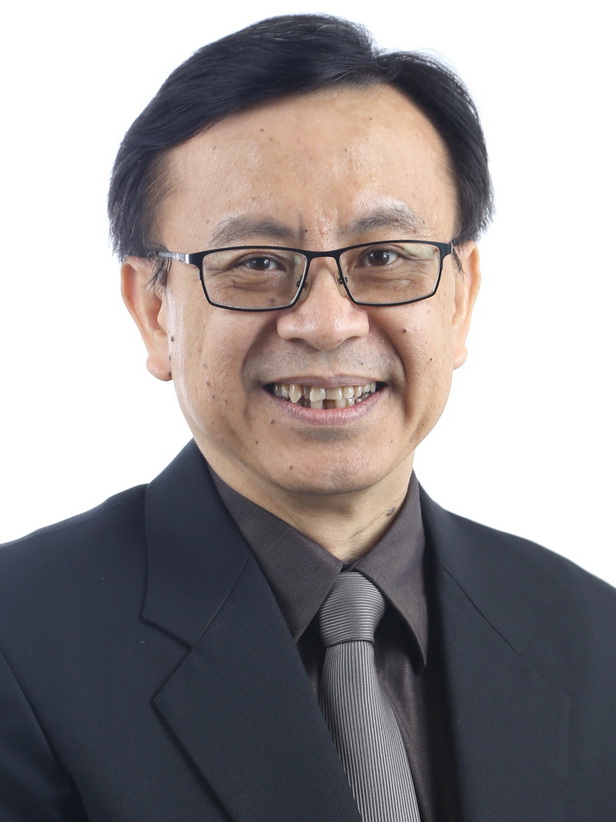
Dr Kim Huat TAN is the Chen Su Lan Professor of New Testament at Trinity Theological College. His chief research interest is in the emergence of Christianity from a Jewish matrix, with special attention given to the Jewish Shema and the Zion traditions.
Paper Abstract
This paper explores the fascinating phenomenon of name change or anthroponymic alteration in early Christianity by examining some striking examples in the 4th century and comparing them with the data offered by the New Testament. The probable reasons prompting these alterations are explicated, and the anomaly, especially in the New Testament, of non-renunciation of idolatrous names is also highlighted. The strong presence of this anomaly in the New Testament is considered significant for an understanding of how Christians of this period viewed their place in a larger pagan society and also prompts questions about why certain segments of Christianity took a different trajectory in their development.
Conference Timetable
